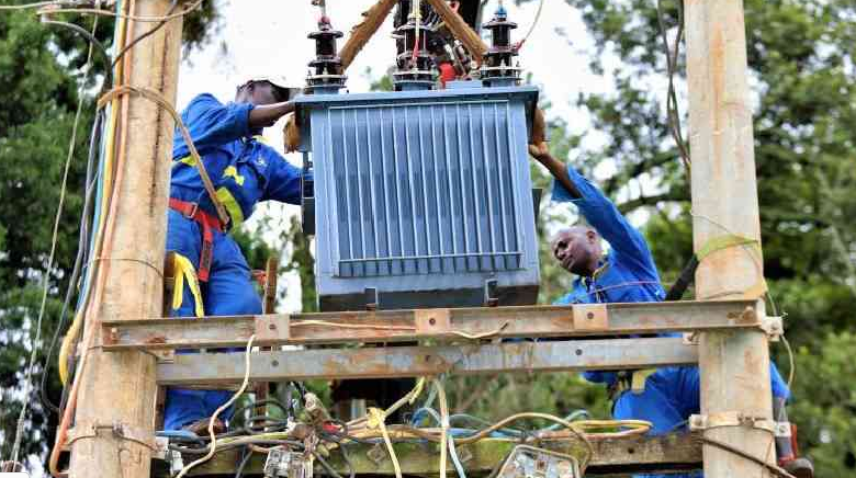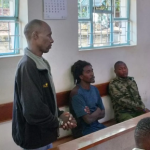The World Bank Group has joined forces with the African Development Bank to deliver first-time electricity access to 300 million people across Africa who currently live off-grid. This ambitious initiative, called the “Mission 300,” will focus on using off-grid solar technology to reach households and power businesses, schools, and health centers, which are crucial for development across sectors.
Qimiao Fan, the World Bank’s Country Director for Kenya, Rwanda, Somalia, and Uganda, emphasized the importance of providing affordable, clean electricity as a way to alleviate poverty. “We must be bold in our commitment to providing access to affordable, clean electricity,” Fan stated.
According to the World Bank’s 2024 Off-Grid Solar Market Trends Report (MTR), an estimated 685 million people globally are still living without access to electricity, with the number rising for the first time in two decades. Without urgent action, 660 million people are projected to remain without electricity by 2030. Off-grid solar energy is identified as the most cost-effective solution for about 41% of these people, approximately 398 million.
The report highlights that despite challenges like inflation and currency devaluations, the off-grid solar sector has shown resilience, benefiting over 560 million people by 2023. More than 50 million off-grid solar products were sold between 2022 and 2023, generating market turnovers of Ksh502 billion in 2022 and Ksh490 billion in 2023. Investments in the sector peaked at Ksh155 billion during this period, driven largely by debt financing.
However, the World Bank stressed that public funding must increase sixfold to raise the Ksh2.7 trillion needed to electrify the 398 million people most efficiently reached via off-grid solar. Additionally, Ksh9.5 trillion is required to address markets for solar water pumps, cold storage solutions, and Tier 2+ off-grid solar solutions for Micro, Small, and Medium-sized Enterprises (MSMEs).
GOGLA, the global association for the off-grid solar energy industry, echoed the World Bank’s findings, noting that off-grid solar has proven to be the most effective way to electrify nearly 400 million people, powering homes, farms, businesses, and public services across the continent.
“The industry has shown tremendous resilience in challenging macroeconomic conditions. Companies, investors, governments, and development partners need to work together now to unlock the $21 billion needed to create a financially sustainable off-grid solar sector, that can scale, serve the hardest-to-reach and help achieve energy access and climate goals and ambitious initiatives like M300,” said Sarah Malm, Executive Director at GOGLA.
World Bank called on companies, investors, governments and development partners to work together to ensure off-grid solar fulfils its potential, enabling the achievement of Sustainable Development Goals (SDG) 7, and having a transformative impact on households, businesses, farmers and social infrastructure.
“Affordability (of energy) remains a critical barrier for households. Only 22 per cent of households lacking electricity can afford the monthly payment for a Tier 1 solar energy kit on PAYG (a monthly payment system that increases affordability for those users who can’t afford an upfront cash payment). In conflict-affected areas, where 82 per cent of people lacking access live, prices to offer PAYG are 57 per cent higher, making them even less affordable,” World Bank said in the report.



